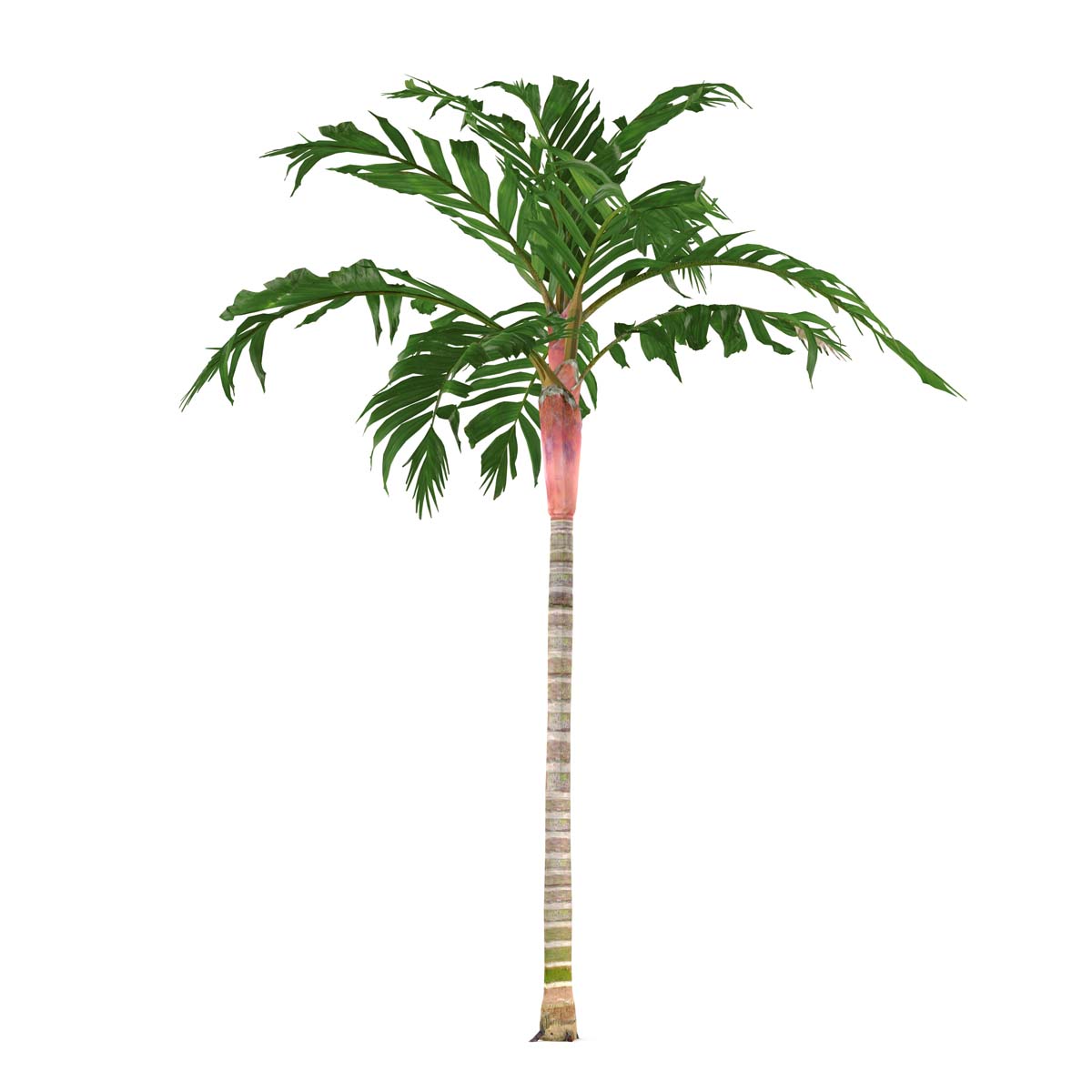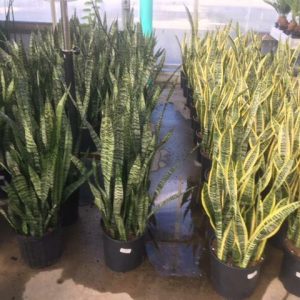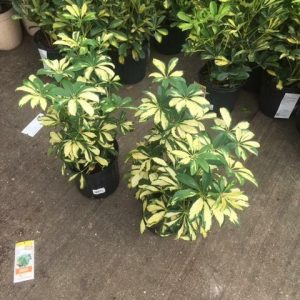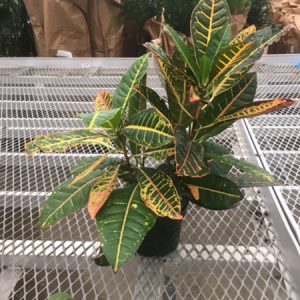Description
Areca
There are around 50-60 species of single stemmed or a densely clumping clusters of stems palms found growing in wet woodland in humid tropical forest from Malaysia and Indonesia, in this genus. Best known in the form betel Palm (Areca catecha) from which betel nuts are obtained-chewed by many people in Asia and the Pacific as a mild narcotic. They are grown for their linear or lance-shaped 2 pinnate leaves produced in terminal tuft above a distinct crown shaft with panicles of red, orange, or yellow cup shaped flowers borne beneath them. One-sided red or yellow fruits are mostly egg-shaped and in size.
When grown indoors use soilless potting mix in bright filtered light. During the growing season water moderately and apply a balanced liquid fertilizer monthly, keep just moist in winter.
When able to grow outdoors in a frost free climate place in fertile moist but well-drained soil in partial shade.
Prone to a few fungal leaf spots, Ganoderma butt rot, and spider mites.
Areca vestiaria – This multi-stemmed palm from Indonesia is popular among collector. It has a striking orange crown shaft on gray trunks that grow to 10-20’ feet tall and 4” in diameter. The rather loose crown shafts each bear 5’ foot long fronds with rather wide segments. The red fruit are narrow and densely bunched. It needs a very sheltered humid position.
Zones 11-12





